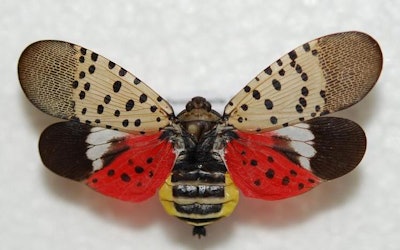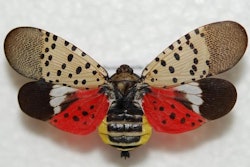Trucking news and briefs for Thursday, March 12, 2020:
OOIDA lawsuit over Indiana truck toll increases dismissed
The Owner-Operator Independent Drivers Association says it is “likely to appeal” an Indiana court’s ruling to dismiss its lawsuit over toll increases aimed at Class 3 and larger trucks in the state.
The group filed the class action lawsuit in January 2019 after Indiana instituted a 35% increase in toll price for trucks operating on I-80 and I-90. The lawsuit called for the toll increases to be overturned and for refunds of tolls paid since the increase took effect in October 2018.
OOIDA alleged that the increase in tolls violates the Commerce Clause and the Privileges and Immunities Clauses of the U.S. Constitution.
Judge Richard L. Young with the U.S. District Court in the Southern District of Indiana denied OOIDA’s motion to have the class certified based on a report and recommendation from a magistrate judge. The report and recommendation stated the “new toll structure was not subject to dormant Commerce Clause scrutiny,” and added that OOIDA “failed to state a claim for unlawful discrimination under the Privileges and Immunities Clauses because vehicles traveling within Indiana and between states pay the same distance-based tolls.”

DOT warns truckers about CBD use
The U.S. DOT issued a warning recently warning truck drivers and other DOT-regulated safety-sensitive employees that using CBD products could lead to a positive test for marijuana. Any CBD product with more than 0.3% tetrahydrocannabinol (THC) is still classified as marijuana, a Schedule I drug under the Controlled Substances Act.
DOT says that because there is no federal oversight to ensure labels are accurate on CBD products, using these products could create problems for truckers, as Overdrive has reported in recent months.
“It remains unacceptable for any safety-sensitive employee subject to the Department of Transportation’s drug testing regulations to use marijuana,” DOT’s notice says. “Since the use of CBD products could lead to a positive drug test result, Department of Transportation-regulated safety-sensitive employees should exercise caution when considering whether to use CBD products.”
DOT notes that the notice does not hold any legal authority to prohibit drivers from using CBD but rather is intended to provide clarity over drug testing requirements.
 Pennsylvania is adding 12 counties to its spotted lanternfly quarantine zone. (Lawrence Barringer, Pennsylvania Department of Agriculture, Bugwood.org)
Pennsylvania is adding 12 counties to its spotted lanternfly quarantine zone. (Lawrence Barringer, Pennsylvania Department of Agriculture, Bugwood.org)Pennsylvania expanding spotted lanternfly quarantine zone
The Pennsylvania Department of Agriculture (PDA) this month added 12 counties to the state’s spotted lanternfly quarantine zone ahead of the invasive insect’s spring hatch.
The quarantine began on May 1, 2019, and requires truck drivers who stop in quarantined counties to have a Spotted Lanternfly Permit, which is given after completing a free online course. Trucking companies that travel through but don’t stop in the quarantined counties are not required to obtain a permit. Additionally, drivers who stop in the quarantine zone just to fuel and keep moving are not required to have a permit.
PDA Secretary Russell Redding says the new counties added to the zone are not completely infested with the pest, but they have a few municipalities with a known infestation. Allegheny, Beaver, Blair, Columbia, Cumberland, Huntingdon, Juniata, Luzerne, Mifflin, Northumberland, Perry, and York have been added to the quarantine for 2020.
The quarantine zone also includes certain counties in New Jersey, Delaware and Virginia. States can levy fines against truckers who do not comply with the order with criminal citations of up to $300 per violation and civil penalties up to $20,000 per violation.
The spotted lanternfly is an invasive species native to Asia that has the potential to cause considerable damage to many crops in Pennsylvania and beyond, including forest products, grapes, apples, peaches and more.









